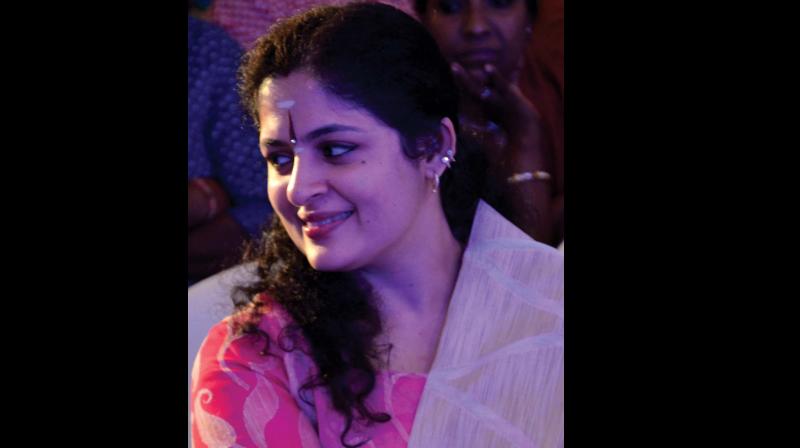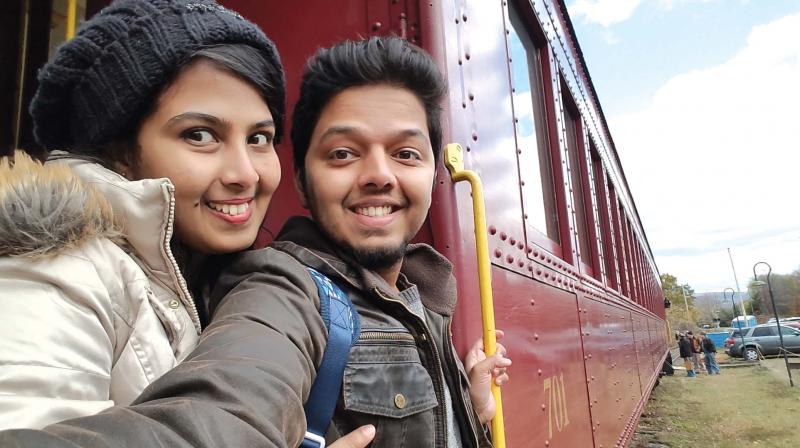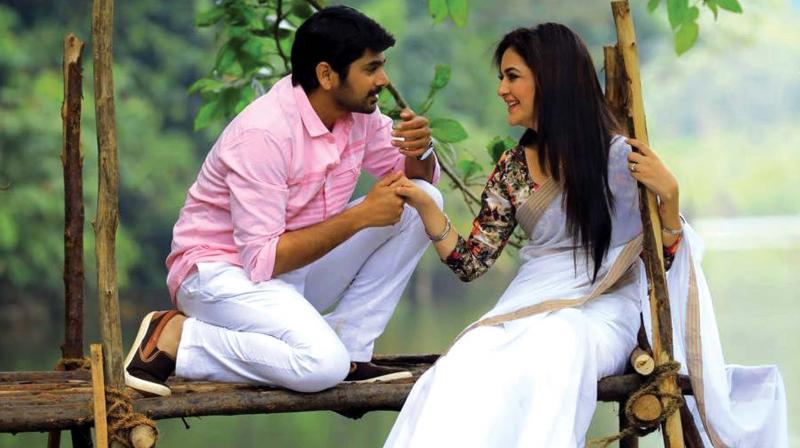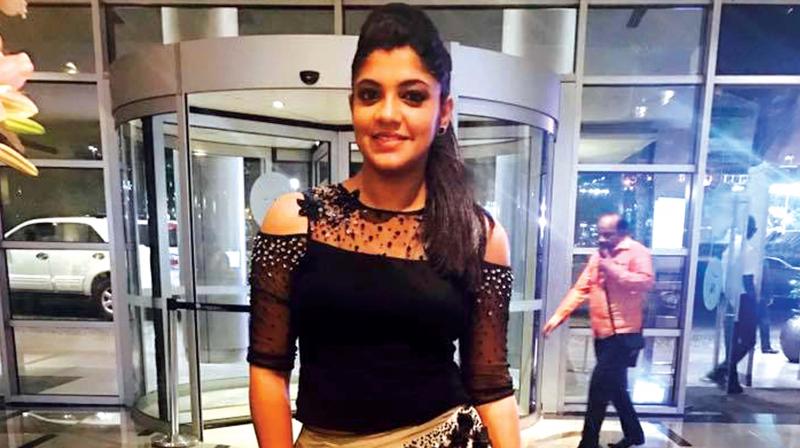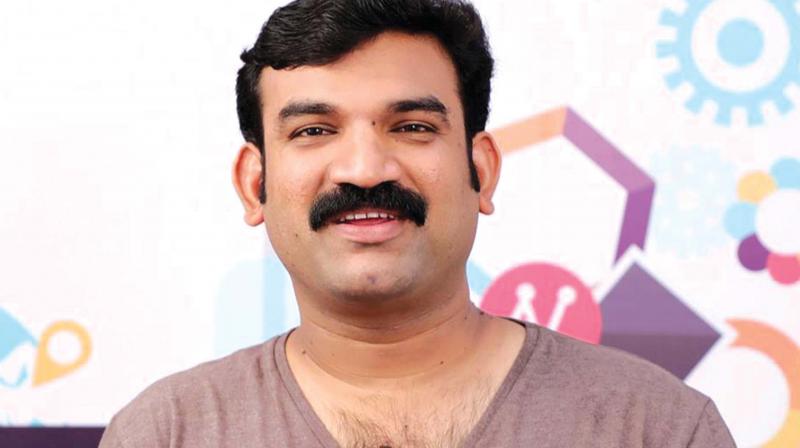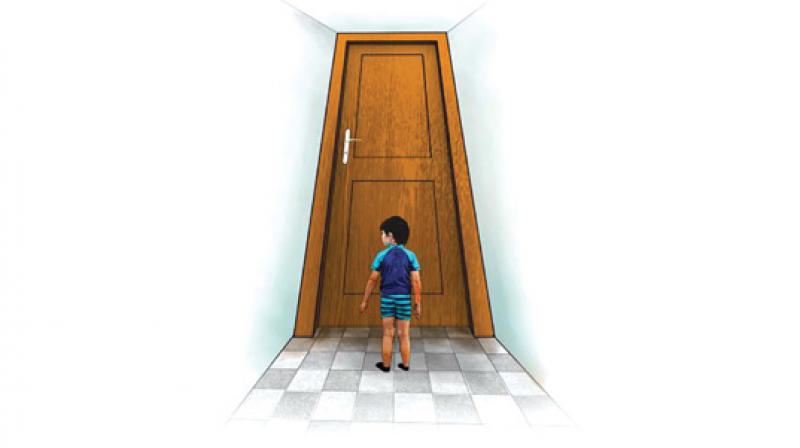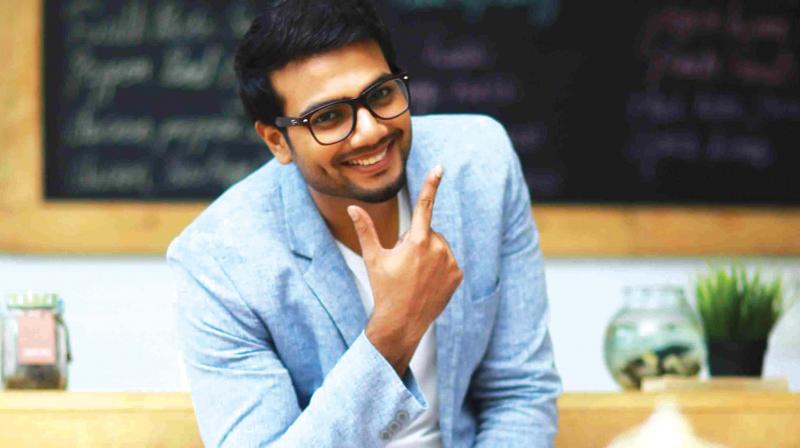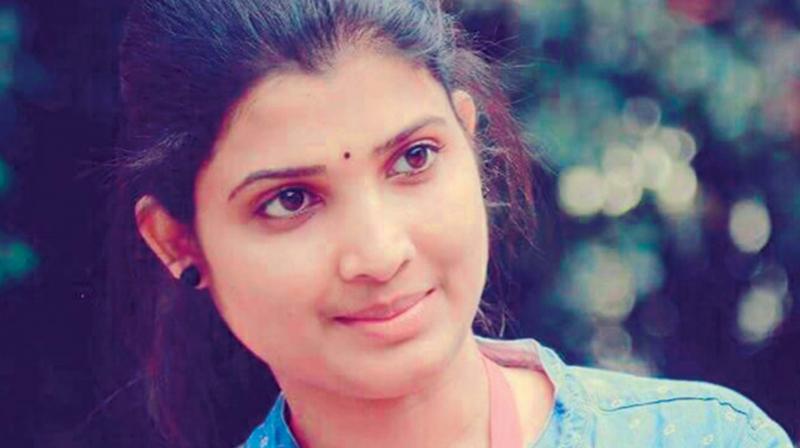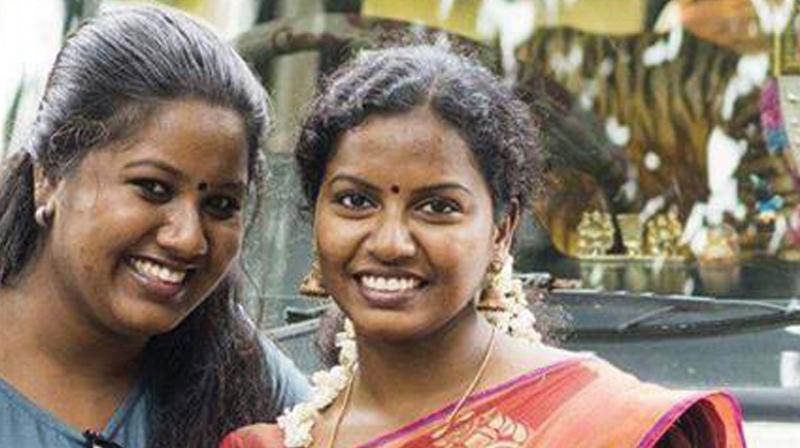L. Subramaniam was in Kerala as part of the Lakshminarayana Global Music Festival.
A conversation with L. Subramaniam is like a beautiful jugalbandi. He begins slowly and melodiously and as you get hooked to it, he shares with you his special moments in a memorable conversation — the best one you have ever had — and winds up leaving you yearning for more. The Padma Bhushan awardee and violin maestro was in Kerala for a concert in Alappuzha as part of the Lakshminarayana Global Music Festival named after his father, the legendary violinist who gave the violin a place of its own by separating it from the role of a mere accompaniment in Carnatic concerts.
“It feels great to be back home,” begins Subramaniam. His father Lakshminarayana was from Alappuzha and his mother was from Tripunithura. “Kerala has a very high cultural literacy. Everyone knows something about music. It’s a pleasure to play for an appreciative audience,” he says. Subramaniam’s is a family of famous musicians — his parents, brothers L.Vaidyanathan and L. Shankar, wives the late Viji and Kavita Krishnamoorthy, children and grandchild. “Music has given me everything, even my family. I met Viji and Kavita due to this music. Now, my children Ambi and Bindu, and my granddaughter Mahati are carrying it forward. I’m zero without my music,” he says. Mahati, now six, performed with Subramaniam in Chicago at an opening concert when she was just three.
The family is now on a five-continent tour as part of the Global Music Festival. The main segment of the show is Bharat Symphony, which marks 70 years of Indian Independence.
In Alappuzha, along with him, Kavita and Ambi are also performing. Kavita, who was a playback singer with 15,000 songs to her credit, explored her artistic realms after her marriage to Subramaniam. “She has completely expanded her realms to fusion, jazz and global fusion. It has been a pleasant musical journey together,” he says.
Subramaniam keeps mentioning his father, his guru. “My father created a lot of solo techniques and redefined the approach to the violin. His efforts put all of us in the mainstream. In Sri Lanka, where he was a professor of music at Jaffna College, he took the popular tradition of nadaswaram — chinna melam and periya melam — to regular violin and vocal concerts with the likes of Rajarathnam Pillai and T.R. Mahalingam. His contribution to Sri Lankan music culture is immense. I have always felt that people need to know more about him,” he says.
The worship was evident when Subramaniam decided to drop his medical career to pursue music and be like his father. “During my second year in MBBS, a German violinist spotted me playing and offered to take me to Germany. My father readily agreed, but my mother didn’t. She asked me to get a medical degree first. I was very disappointed then. Later I realised how insightful she was about the discipline of completion. With the degree, I could do my Masters and later a PhD in music. Also, back in college, I had the privilege of playing with Chembai Vaidyanatha Bhagavathar and Palghat Mani Iyer.”
Chembai said Subramaniam wouldn’t make a single penny out of his medical career, but would be a Violin Chakravarthy, which he indeed became. Subramaniam has composed for hardly six movies, one among them being Ee Sneha Theerathu, a Malayalam movie. Why don’t we see more of his film compositions? “I am busy with my international commitments. Almost 95 per cent of my time is devoted to Carnatic music and global performances. In fact, my elder brother Vaidyanathan is good at composing for films,” he says.
Apart from his international collaborations, there is the SAPA — Subramaniam Academy of Performing Arts in Bengaluru where 12,000 to 13,000 children, including foreigners, learn music. They have also developed a SAPA Baby Book that has practice lessons for children from the age of three. The school, run by his children, works in connection with orphanages and has also introduced music as a syllabus in regular schools.
Explaining his mission, Subramaniam says, “Every child should get exposed to music to increase their creativity and focus. The aalaapas, ragas, thanam and pallavi are all creative permutations and combinations of the seven notes. Hopefully, we can introduce music as a syllabus in schools in Kerala too.”
Despite the increased burden to earn a professional degree, music still has takers among the younger generation. “There are always takers for classical music. People still play Bach, Beethoven, Thyagaraja, Shyama Sasthri and Swathi Thirunal. Whatever happens, once they experience the pleasure and contentment of pure music, it will stay. Music will never die,” he assures.
Asked to pick his memorable show, Subramaniam gives a laugh. He has hundreds to pick from and a lot memorable ones — the UN performance with Yehudi Menuhin, the recording with Stéphane Grappelli, a few projects with his family, jugalbandi with Bismillah Khan, Peace Concert with Stevie Wonder, show with Pandit Jasraj, the one with his granddaughter, so on. You listen to him as if in a trance, keep on yearning for more and more.
Published in Deccan Chronicle on July 30, 2017


